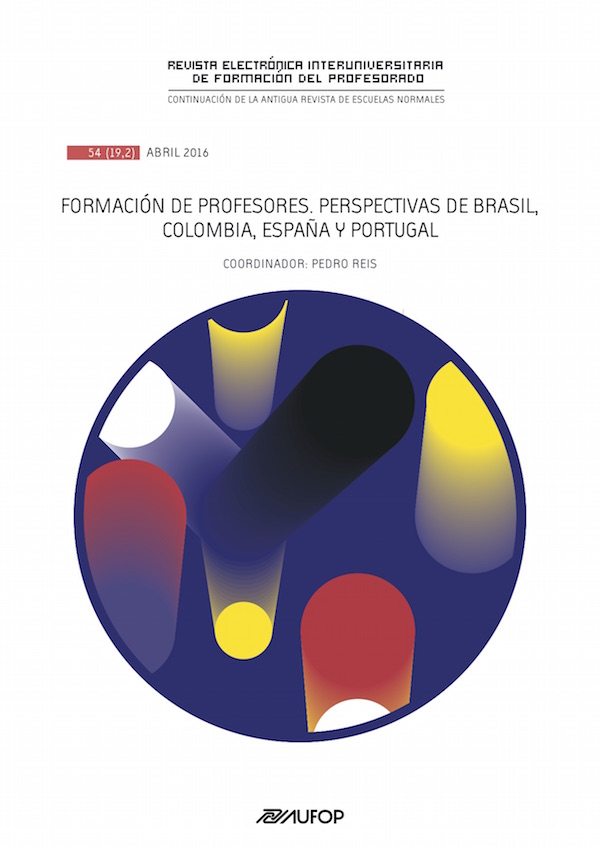Teacher training after Bologna process: challenges of a two steps process
Abstract
During the last few years, teacher-training policies have become a focus of interest of researchers, professionals and governments. In Portugal, like in other European countries, the recent alterations in teacher education are influenced by the policies and tendencies of the European Commission, adapting to country particularities, their history and culture. Nowadays, teacher training for the first years (0-12) is done in higher education institutions, in a two steps structure comprising a first cycle (Bachelor) and second cycle (Master), during 4,5 to 5 years.
This organization in two steps creates new challenges to teacher education coherence and consistency, mostly in what concerns the academic learning and practice. Problems are mainly relevant in the 6th semester of the first cycle, an important period in the ending of a stage and the beginning of other. In the following article, organization of the first cycle in a Portuguese High School it is presented. The project had the duration of 3 years and was mainly focused on guiding, organization and support process of professional practice beginning in the 6th semester. In this process, the participation and involvement of students through evaluation of teaching are an important measure.
Downloads
-
Abstract420
-
PDF (Español (España))189
Los artículos que se publican en esta revista están sujetos a los siguientes términos:
1. El Departamento de Métodos de Investigación y Diagnóstico en Educación de la Universidad de Murcia (España), junto con el Servicio de Publicaciones de la Universitdad de Murcia (Editum) son los editores de la revista REIFOP y conserva los derechos patrimoniales (copyright) de los artículos publicados, permitiendo la reutilización de las mismos bajo la licencia de uso indicada en el punto 2.
2. Las obras se publican en la edición electrónica de la revista bajo una licencia Creative Commons Reconocimiento-NoComercial-SinObraDerivada 3.0 España (texto legal). Se pueden copiar, usar, difundir, transmitir y exponer públicamente, siempre que: i) se cite la autoría y la fuente original de su publicación (revista, editores y URL de la obra); ii) no se usen para fines comerciales; iii) se mencione la existencia y especificaciones de esta licencia de uso.
3. Condiciones de auto-archivo. Se permite y se anima a los autores a difundir electrónicamente las versiones pre-print (versión antes de ser evaluada) y/o post-print (versión evaluada y aceptada para su publicación) de sus obras antes de su publicación, ya que favorece su circulación y difusión más temprana y con ello un posible aumento en su citación y alcance entre la comunidad académica. Color RoMEO: verde.















